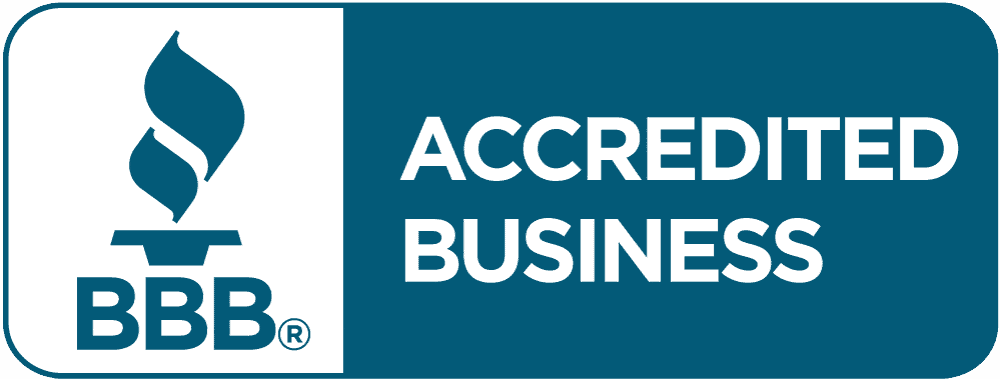
Introduction:
The North Carolina Residential Renewable Energy Program is a unique opportunity for residential customers to harness renewable energy for their own use. In this blog post, we will break down the key information, eligibility criteria, benefits, and the application process for residents of North Carolina.
Eligibility and Availability:
- Available to residential customers in North Carolina.
- Customers must have a renewable energy resource installed on their side of the delivery point, interconnected with the company’s distribution system.
- Eligible renewable energy resources include solar electric, wind-powered, biomass-fueled, waste heat, hydro-powered, and more.
- The renewable generation system must be owned, operated, leased, or controlled by the customer.
Annual Capacity and Participation:
- New participation is limited to annual capacity (kW AC) on a first-come, first-served basis.
- Annual capacity increases each year.
- 2023: 8,175kW AC
- 2024: 35,900kW AC
- 2025: 39,500kW AC
- 2026: 43,500kW AC
- The program will be closed to new participants after January 1, 2027.
- Participants remain eligible for up to 15 years from the submission date of the interconnection application.
What these capacity limits mean for you: For the majority of Rhino Renewables’ residential client base in the western North Carolina area, Duke Energy Progress is the majority utility provider. In the previous years, these are the number of solar systems and total capacity installed under Duke Energy Progress. These metrics have been sourced through the NC Sustainable Energy Association, with their data being collected from the NC utilities commission. The data shows that we anticipate reaching the 2024 capacity of 39,500 kW AC in August of 2024. This creates a time sensitive environment when considering your purchase of solar in 2024. With the bridge rate having considerable financial incentive over the inevitable time of use rates, we recommend purchasing a solar system and having an interconnection submitted well before August of 2024 to secure yourself a spot on the bridge rate.
General Provisions:
- Customers must comply with interconnection standards and provide the Nameplate Capacity of the generation system.
- Customers under this Rider may not participate in other parallel generation riders or NC GreenPower.
- Monthly Non-Bypassable Charge based on Nameplate Capacity applies.
- Customers retain renewable energy credits (RECs) associated with electricity delivered to the grid.
Rate and Charges:
- Net Excess Energy Credit per month: 3.40¢ per kWh.
- Non-Bypassable Charge per month: $0.62 per Nameplate Capacity kW.
- Monthly minimum bill of $28, applicable to customer and distribution costs.
Metering Requirements:
- Company installs and maintains a billing meter to measure kW demand and net kWh purchased.
- Metering location must be readily accessible by the company.
Safety, Interconnection, and Inspection:
- Compliance with North Carolina Interconnection Procedures is required.
- Customers must submit a Request to Interconnect, pay an application fee, and comply with liability insurance requirements.
- The company reserves the right to inspect the customer’s generation system to ensure compliance.
Contract Period:
- Minimum one-year contract, automatically renewing.
- Either party may terminate with a 60-day notice.
- Company may terminate if the customer violates terms or operates the system detrimentally.
Conclusion:
The North Carolina Residential Renewable Energy Program offers an exciting opportunity for residents to embrace renewable energy. Understanding the eligibility criteria, rates, and contractual obligations is crucial for those considering participation. For detailed information, and the application process, residents should refer to the program’s official documentation






